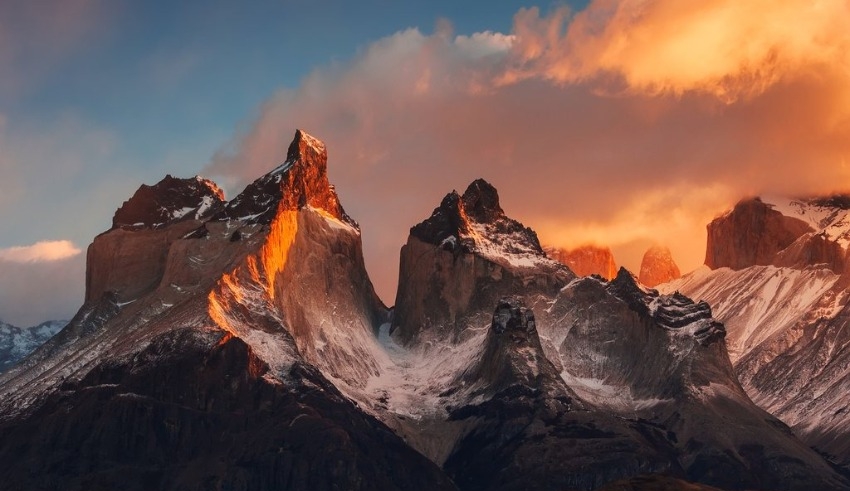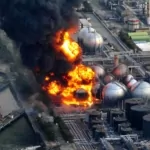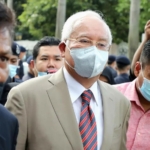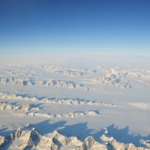
A portion of a hanging glacier that broke off at a national park in the Patagonia region of Chile was caught on camera by tourists visiting the park. The occurrence was triggered by higher temperatures and rainfall, both of which weakened the ice walls.
In a video that was captured in Queulat National Park, which is located more than 1,200 kilometers south of Santiago, Chile’s capital, on September 12, a glacier that was perched on top of a mountain that was approximately 200 meters high rumbled and broke off.
According to Raul Cordero, a climate scientist at the University of Santiago, detachments between different ice masses are a natural occurrence; nevertheless, he pointed out that the frequency of these events is concerning.
“Because this kind of event is driven by heat waves or by intense liquid precipitation events,” Cordero explained, “And both of these things are also happening more and more frequently over the world, not only in Chile.”
Keep Reading
Before the collapse, that region of Patagonia saw a heat wave with temperatures that were described as “quite abnormal,” as stated by Cordero.
Cordero continued by saying that they also documented an “atmospheric river,” which was characterized by relatively warm air that was saturated with moisture. This “river,” when it comes into contact with the topography of the Andes and the Patagonian region, causes the formation of huge clouds and the release of precipitation.
Cordero stated that one of the effects of global warming is that it is destabilizing several glaciers, in particular some unstable glacier walls. “That is the case of what happened in the last few days in Patagonia in a similar way to what happened a couple of months ago in both the Himalayas and the Alps,” he said. “That is the case of what happened in the last few days in Patagonia in a similar way to what happened in both the Himalayas and the Alp.”
The United Nations Climate Science Panel stated earlier this year that governments and industries should drastically reduce emissions of fossil fuels in order to contain warming and limit the impacts of climate change. Scientists say that sharp spikes in warming are linked to human-caused climate change and greenhouse gas emissions.




























